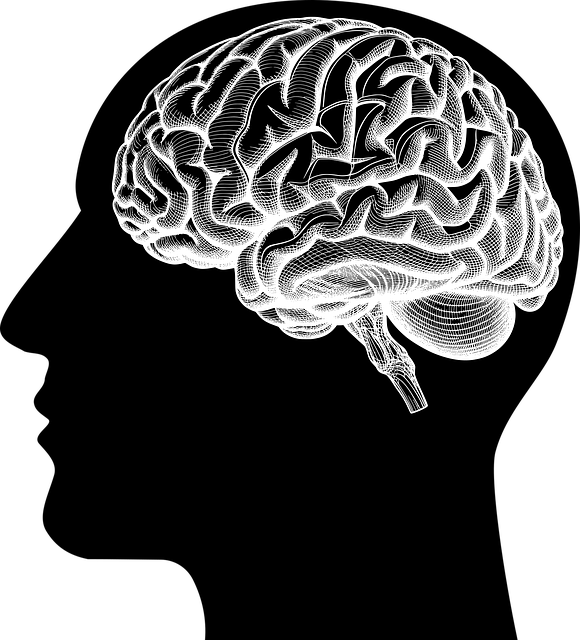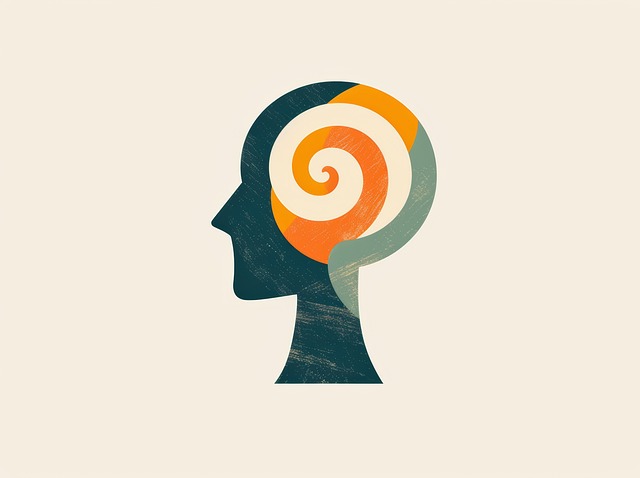The Northglenn American Sign Language (ASL) Therapy community promotes mindfulness meditation as a powerful tool for emotional healing and well-being, offering tailored ASL-integrated sessions. By creating peaceful environments, adopting open mindsets, and using techniques like breath focus and visualization, individuals gain mental clarity and resilience. Despite challenges, Northglenn ASL Therapy provides crisis intervention guidance, emphasizing communication and support. Integrating mindfulness into daily life through practices like sensory checks and community outreach programs enhances overall well-being, especially for deaf or hard-of-hearing individuals facing mental health challenges.
“Unwind and embrace inner peace with mindfulness meditation, a practice gaining prominence in modern wellness. This comprehensive guide, tailored by Northglenn American Sign Language (ASL) therapy experts, explores the art of cultivating present-moment awareness. From understanding its benefits to mastering techniques and integrating it into daily life, this article is your companion on the path to tranquility. Discover practical tips and unique insights from Northglenn ASL therapists, offering a holistic approach to mindfulness meditation.”
- Understanding Mindfulness Meditation: A Northglenn American Sign Language Therapy Approach
- Setting the Stage: Preparing for Your Practice Session
- Techniques and Exercises for Effective Meditation
- Overcoming Common Challenges During Mindfulness Practice
- Integrating Mindfulness into Daily Life: Tips from Northglenn ASL Therapists
Understanding Mindfulness Meditation: A Northglenn American Sign Language Therapy Approach

Mindfulness meditation is a practice that has gained immense popularity within the Northglenn American Sign Language Therapy community. This ancient technique focuses on training your mind to be fully present in the moment, enhancing your awareness and promoting emotional healing processes. Through regular mindfulness sessions, individuals can develop inner strength and cultivate a deeper understanding of their thoughts and feelings.
The Northglenn American Sign Language Therapy approach to mindfulness meditation involves tailored practices designed to cater to the unique needs of its deaf or hard-of-hearing community. These sessions often incorporate sign language to create a more accessible and engaging environment, fostering better participation and comprehension. By combining meditation with emotional support, this therapeutic method enables individuals to effectively manage stress, reduce anxiety, and improve overall well-being. Additionally, the Stress Management Workshops Organization within Northglenn has recognized the benefits of mindfulness, offering programs that integrate these practices for personal growth and community development.
Setting the Stage: Preparing for Your Practice Session

Before delving into your mindfulness meditation practice, it’s crucial to set the stage for a beneficial and restorative experience. Start by finding a quiet space where you won’t be disturbed. This could be a corner in your home, a peaceful park nearby, or even a serene spot at Northglenn American Sign Language Therapy. Ensure your environment is comfortable and conducive to relaxation, free from distractions like phones or notifications.
Prepare mentally by adopting an attitude of openness and curiosity. Approach the practice session with no expectations, allowing thoughts and sensations to come and go without judgment. This mindset fosters a deeper connection with your present moment experience, enhancing your coping skills development and burnout prevention strategies. In light of this, remember that mindfulness is not about blocking out thoughts but rather observing them with detachment and kindness.
Techniques and Exercises for Effective Meditation

Meditation is a powerful tool for mental clarity and emotional well-being, and Northglenn American Sign Language Therapy offers valuable insights into accessible practices. Effective meditation involves various techniques to calm the mind and enhance focus. One simple yet profound exercise is mindfulness meditation, where individuals concentrate on their breath and observe thoughts without judgment. This practice helps to cultivate a sense of present-moment awareness, allowing one to detach from stressful or negative thoughts.
Additionally, incorporating visualization exercises can be beneficial. Imagining peaceful scenes or positive outcomes can help reduce anxiety and improve mood management. As part of the Northglenn ASL Therapy approach, teaching sign language for emotional expression facilitates an alternative means of communication during crisis intervention guidance, promoting effective conflict resolution techniques. By combining these practices, individuals can develop a robust meditation routine tailored to their unique needs, ultimately fostering mental resilience.
Overcoming Common Challenges During Mindfulness Practice

Mindfulness meditation, despite its benefits for mental health awareness and overall well-being, can be challenging to master. Folks often encounter common hurdles when integrating this practice into their daily routines. For instance, maintaining focus during meditation can be difficult given our modern lifestyles filled with constant stimulation. The mind wanders, and bringing it back to the present moment is a crucial skill that takes time to develop.
Additionally, some individuals might experience discomfort or even frustration during mindfulness exercises. This could stem from a variety of factors, including physical sensations, emotional reactions, or past experiences. Northglenn American Sign Language Therapy offers valuable crisis intervention guidance, emphasizing communication and understanding as key components in overcoming these challenges. Through appropriate techniques and support, practitioners can enhance their mindfulness journey, making it accessible and beneficial for everyone, even those with diverse backgrounds and healthcare provider cultural competency training.
Integrating Mindfulness into Daily Life: Tips from Northglenn ASL Therapists

Integrating mindfulness into daily life is a valuable skill that Northglenn American Sign Language (ASL) therapy professionals emphasize as a powerful tool for overall well-being. With its ability to enhance emotional regulation, this practice can be particularly beneficial for individuals navigating mental health challenges. ASL therapists in Northglenn often incorporate mindfulness meditation techniques tailored to the unique needs of their deaf or hard-of-hearing clients, ensuring accessibility and cultural sensitivity.
By incorporating simple yet effective strategies, one can easily integrate mindfulness into daily routines. These tips encourage individuals to be present, aware, and receptive to their surroundings. For instance, taking a few minutes each morning to focus on the breath or engaging in sensory checks throughout the day can help ground oneself in the present moment. Northglenn ASL therapists also suggest utilizing community outreach program implementations to foster a supportive network where individuals can share experiences and learn from one another, further promoting mental health awareness within their communities.
Mindfulness meditation, as guided by Northglenn American Sign Language Therapy professionals, is a powerful tool for enhancing mental well-being and daily life. By understanding its core principles, preparing your environment, and employing effective techniques, you can overcome common challenges and integrate mindfulness into your routine. Remember, consistent practice is key to reaping the benefits of this ancient art, enabling you to navigate life’s complexities with greater calm and clarity.








